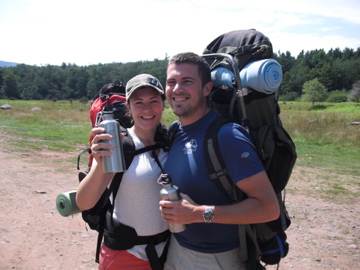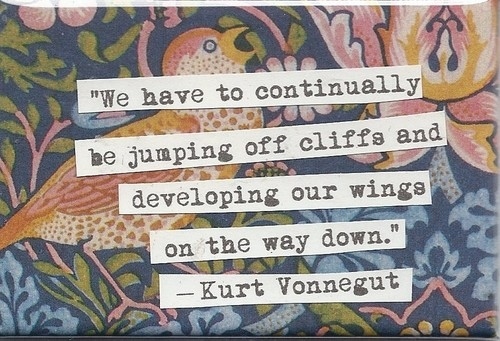It’s official, my friend and I are making a short film! If you asked me a year ago what I thought I would be doing now, I never would have guessed this. Life takes you on a bizarre and awesome path when you follow your interests.
 In my continuing effort to share what I’m working on while still keeping my posts helpful and accessible, I now introduce a series of broad lessons I’ve learned from the process of making a movie. These lessons are helpful to anyone who’s trying to make something bigger than themselves.
In my continuing effort to share what I’m working on while still keeping my posts helpful and accessible, I now introduce a series of broad lessons I’ve learned from the process of making a movie. These lessons are helpful to anyone who’s trying to make something bigger than themselves.
Step one: Announce yourself
During the last writer’s conference, I asked my audience if they consider themselves to be writers. I was surprised that most of them said no. They believed they needed the external validation of an MFA or a publishing career in order to use that title. I shared with them that my life was never the same after I started describing myself as a writer.
- I felt encouraged to write every day because I wanted to live up to my title.
- It was easier to invest in my writing career once I was a self-proclaimed writer. It seems crazy to spend $400 on a writing class if I’m a web designer with an interest in writing, but it makes perfect sense if I’m a writer with a side job.
- People started connecting me with other writers because they know me as the writer. This helped me make connections for my conferences as well as the movie project that I’m about to get into.
So, yes, first things first, let everyone know what you consider yourself to be and what you hope to do. I made it very clear to everyone I know that I’m a writer. For the last few months I’ve been letting people know how much I enjoy writing screenplays and that I hope to develop a project.

That brings us to the lovely Ashley H., who you might remember from when I dyed my hair purple. Ashley knew that I was interested in screenwriting. She also knew that her friend, Caroline, was interested in screenwriting. With this simple email from Ashley: “I really think the two of you should meet and discuss things!” we were off! It was a match made in movie-making heaven.
Do you see how important it is for your friends to know what you are interested in doing? If I had kept my ambitions a secret, if I was too embarrassed to say what I wanted, Ashley never would have thought of introducing us. If you want to start an ice cream company, start telling everyone you know. If you want to put on a one-woman show, start talking about it now. After you share what you’re passionate about, you’ll be amazed at the connections that start popping up!
So what is your dream? What do you want to do that is bigger than yourself? I’d love to hear it in the comment section below!
Stay tuned for the next step in making a movie!







